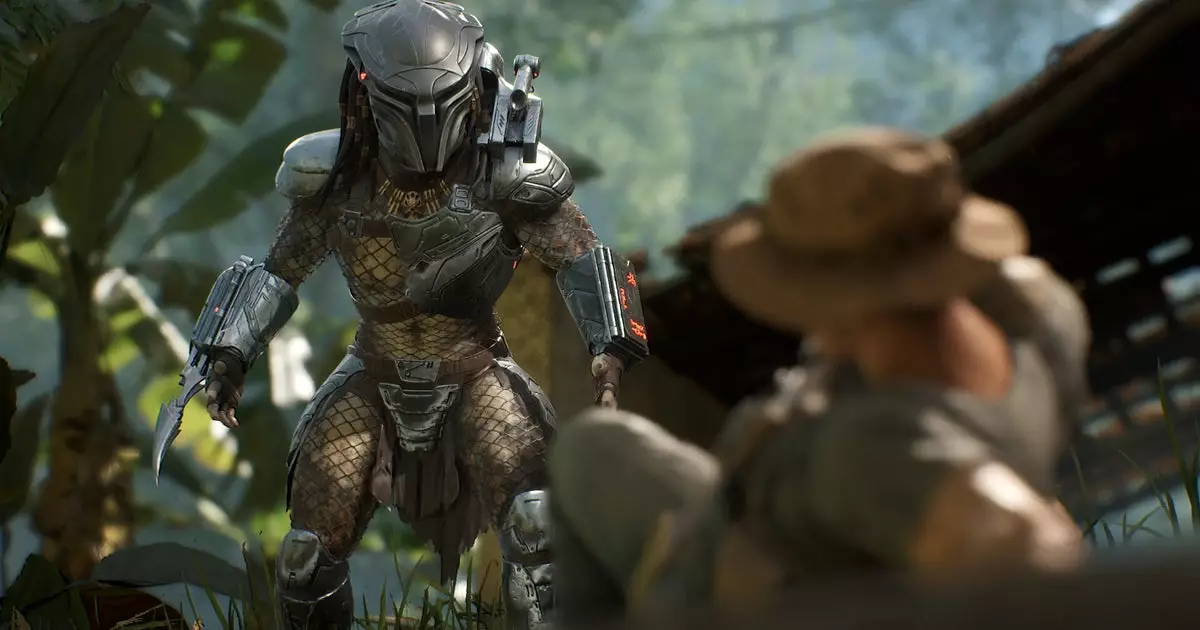The recent announcement from IllFonic, the studio known for titles like Friday The 13th: The Game and Predator: Hunting Grounds, has raised significant concerns within the gaming community. The company has confirmed the layoff of an unspecified number of employees in an attempt to “re-align” itself to a “refined strategy.” This decision reflects broader challenges facing the gaming industry, as companies navigate a landscape that continues to evolve and pressurize their operational frameworks.
The announcement from IllFonic, shared by CEO Charles Brunghardt on LinkedIn, hints at a grim reality affecting many game development studios. While specific details about the number of staff affected or the exact teams involved remain undisclosed, the timing is noteworthy. It implies a reaction to industry dynamics that have proven detrimental to many developers, especially those who have relied heavily on licensed content. For IllFonic, the expiration of the Friday the 13th license understandably created hurdles for continued success, given the game had to be withdrawn from sales last December due to legal issues. This dramatic change highlights how external factors can radically reshape a company’s trajectory almost overnight.
IllFonic’s recent releases—Ghostbusters: Spirits Unleashed and Killer Klowns from Outer Space: The Game—have not gained substantial traction. In fact, recent Steam activity charts suggest these games have failed to resonate strongly with audiences, contrasting with past successes. This stagnation serves as a cautionary tale for other developers striving to innovate within niche horror genres. As CCO Jared Gerritzen pointed out, the studio aimed to broaden its appeal, but it seems that the balance struck may not have yielded the anticipated returns. The disappointment displayed in sales figures raises critical questions about the future viability of asymmetrical horror games, especially in a market saturated with titles vying for player attention.
The gaming industry in recent years has experienced a cycle of ups and downs, with layoffs becoming increasingly common. Reports indicate that nearly 14,000 people lost their jobs in 2024 alone, a stark increase from 10,500 in the prior year. Companies like Ubisoft and Take-Two Interactive have also announced significant cuts, shedding light on an overarching trend of “rationalization” advertised through euphemistic corporate language that often feels cold and detached. Words like “refining” or “re-aligning” in layoff communications serve more as PR shields than as reflections of the direct human impact these decisions ensue.
For employees laid off, such announcements trigger an emotional response, not just for those who lose their jobs but for those who remain and witness the turmoil within their ranks. The sense of uncertainty and vulnerability fosters a pressing need for transparency and support from organizations. Retraining programs, job placement support, or simply fostering a more open dialogue about company challenges could help alleviate some anxiety during these transitions.
As IllFonic realigns and strives to re-establish its footing, it also faces a fundamental question about the sustainability of asymmetrical gaming. The studio has a talented workforce, and the onus is now on its leadership to harness these skills effectively. There is potential for innovation in this genre, but revitalizing interest will require more than just strategic shifts—it calls for a deeper understanding of player preferences and market trends.
While IllFonic’s situation is symptomatic of larger industry challenges, it serves as a clarion call for studios to assess over-reliance on licenses and to focus on creating original content that can captivate players in a saturated market. As the dust settles on this round of layoffs, it will be crucial for IllFonic to redefine its approach not just as a matter of survival, but as an opportunity to find renewed purpose and identity within the gaming community.

